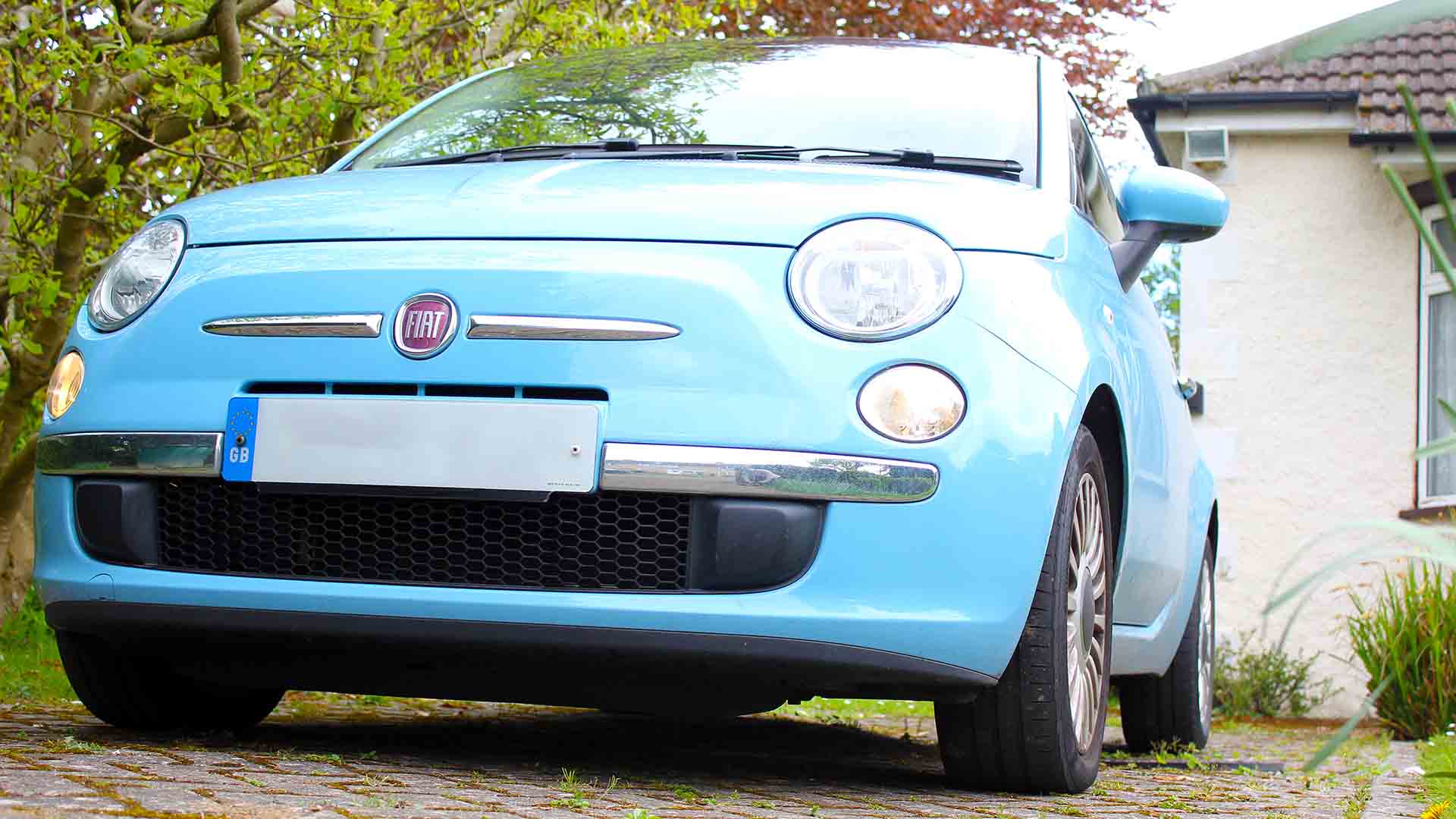
It’s the end of the month, which means thousands of motorists might be considering taking their car off the road. But the government is warning motorists to be on their guard for potential scams.
Some websites are charging motorists up to £40 to make a SORN declaration. SORN stands for Statutory Off Road Notification and is the way of notifying the DVLA that you’re taking a vehicle off the road.
It takes a matter of minutes to complete – and it’s FREE.
Earlier this year, the Driver and Vehicle Licensing Agency (DVLA) reported a 20 percent increase in the number of scams. The DVLA revealed some of the tactics used by fraudsters.
Declaring SORN is FREE

Now, online scammers are using the lockdown to defraud unsuspecting motorists. The message is simple: use the official website to register your vehicle as off the road.
One SORN scam website, which we won’t name or link to, asks for the vehicle registration number, before taking you to a second page. Here, it asks for the 16-digit reference number from the V11 reminder, or the reference number from a V5C log book or V5C/2 new keeper supplement.
It also asks for your email address and contact number, before requesting payment. There’s a charge of £30 for ‘regular’ processing, or £40 for a ‘fast-track’ service.
By using the official DVLA website, you’ll be asked for a reference number and registration plate, with the option of providing an email address or mobile number if you require a confirmation.
It takes no more than a minute to complete, so there’s absolutely no need for a so-called ‘fast-track’ service.
As we said earlier, IT’S FREE.
Don’t be fooled by a SORN scam

The DVLA told This is Money, “Motorists should always double check that they are using GOV.UK and not to be fooled by these sites.”
It’s worth remembering the following about DVLA services:
- The DVLA doesn’t send emails or text messages asking you to confirm your personal details or to request payment information. Do not open any links. Delete the text or email immediately.
- Beware of misleading third party websites passing themselves off as the DVLA. They might include ‘DVLA’ in the website or use DVLA colours and old logos.
- Some will use search engine tactics to get to the top of Google. Don’t be fooled.
- Only use GOV.UK.
- Never share images on social media that contain personal information.
Click here for more information on making a SORN application
ALSO READ
Fewer than 300 hypercars are registered in the UK